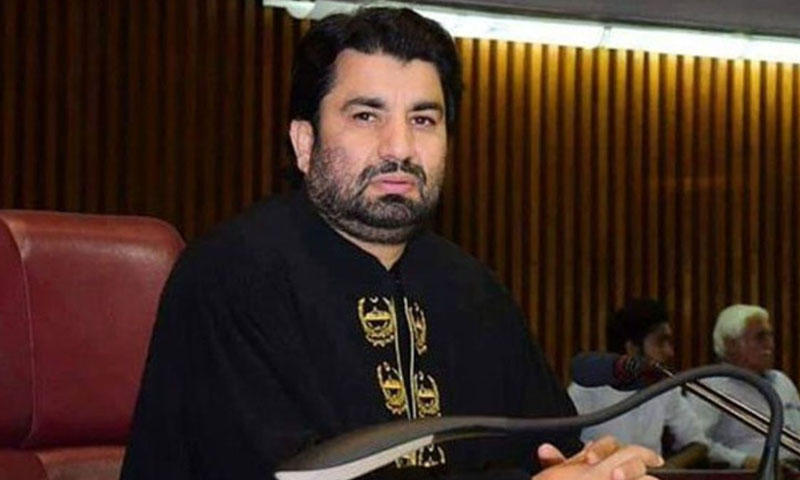- Web Desk
- Feb 09, 2026
KIU faces Rs130 million annual financial loss
-

- Hum News Tanveer Abbas
- Feb 21, 2024

GILGILT: Karakoram International University (KIU) Gilgit, is facing an annual financial shortfall of Rs130 million “due to the transfer of public sector colleges and schools” to the Federal Board of Intermediate and Secondary Education (FBISE).
According to a statement issued by the university on Wednesday, this significant loss was disclosed by KIU Vice Chancellor Prof Dr Attaullah Shah during a meeting with the Ministry of Kashmir and Gilgit-Baltistan Secretary Affairs, Jawad Rafiq Malik.
The transition, which took place in 2018, aimed at “standardizing education across the ten districts of Gilgit-Baltistan”. However, it inadvertently plunged KIU into a financial crisis. The university, which had previously managed these affiliations, saw a drastic reduction in revenue streams, leading to increased financial strain.
The financial woes have prompted the university to hike fees, resulting in widespread protests among the student body. The protests led to a temporary withdrawal of the fee increase following government intervention and a promise to allocate a Rs200 million grant to the university.
During the meeting, Dr Attaullah highlighted the university’s escalating financial challenges, noting a 135 per cent increase in employee salaries over the past six years, against a meagre Rs10 million increase in the budget from the Higher Education Commission (HEC). This disparity has left the university grappling with an additional burden of Rs 700 million.
“Despite revenue growth from 350 million to 750 million rupees in five years, an extra grant of 200 million rupees is deemed imperative,” stated Dr Attaullah. He expressed confidence in the university’s critical role in providing top-tier education and research in the region and sought cooperation from various entities to navigate through these financial challenges.
According to KIU’s Annual Report for July 2022-June 2023, the last financial year brought many challenges in terms of low government allocations and increased operational costs due to increased employee-related expenses (ERE). “The non-release of any financial support from the GB Government further added to these challenges,” it added.
According to the report, KIU’s operational budget has seen a dramatic increase, nearly doubling from Rs755 million in 2018 to Rs1500 million projected for 2023-24.
A notable rise in employee-related expenses, from Rs550 million in 2018 to an anticipated Rs. 1150 million in 2024, marks a net increase of Rs600 million, placing substantial financial pressure on the university.
The report said that despite an increase in HEC allocations from Rs. 330 million to Rs440 million, the net burden of Rs490 million has inevitably shifted to KIU.
Additionally, it said, the reduction in external exam revenue and the net loss from sub-campuses have further exacerbated the financial strain, culminating in a total added burden of Rs730 million over five years. The university also faces a fee default of Rs60 million due to non-payment.
Despite these challenges, the report added, KIU has witnessed positive developments, including a more than doubled student body from 4,200 to 9,500 and a significant increase in fee revenue from Rs180 million to Rs480 million over five years. Moreover, a reduction in non-salary expenses from 48 per cent to 28 per cent of the total budget and control expenditures in various administrative areas have been noteworthy achievements.
Read more: SHC orders immediate restoration of social media platforms
According to the report, the upcoming fiscal year poses even more significant challenges for KIU, with anticipated increases in employee-related expenses due to salary and allowance hikes announced by the Federal Government. With the HEC allocation remaining static, if not reduced, to Rs430 million, KIU is faced with the daunting task of generating Rs1020 million from its own resources to meet the expected total budget/expenses of Rs1450-1500 million




